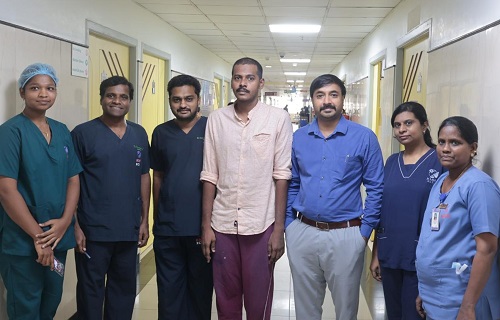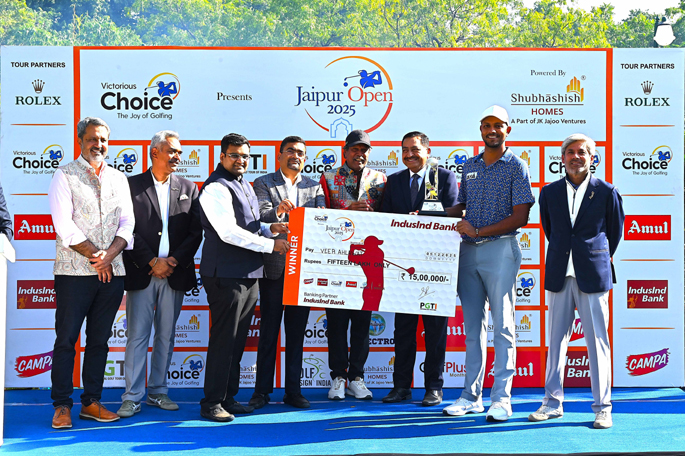Empowering Women’s Health: Richa Singh’s Mission to Improve Menstrual Hygiene in Patna
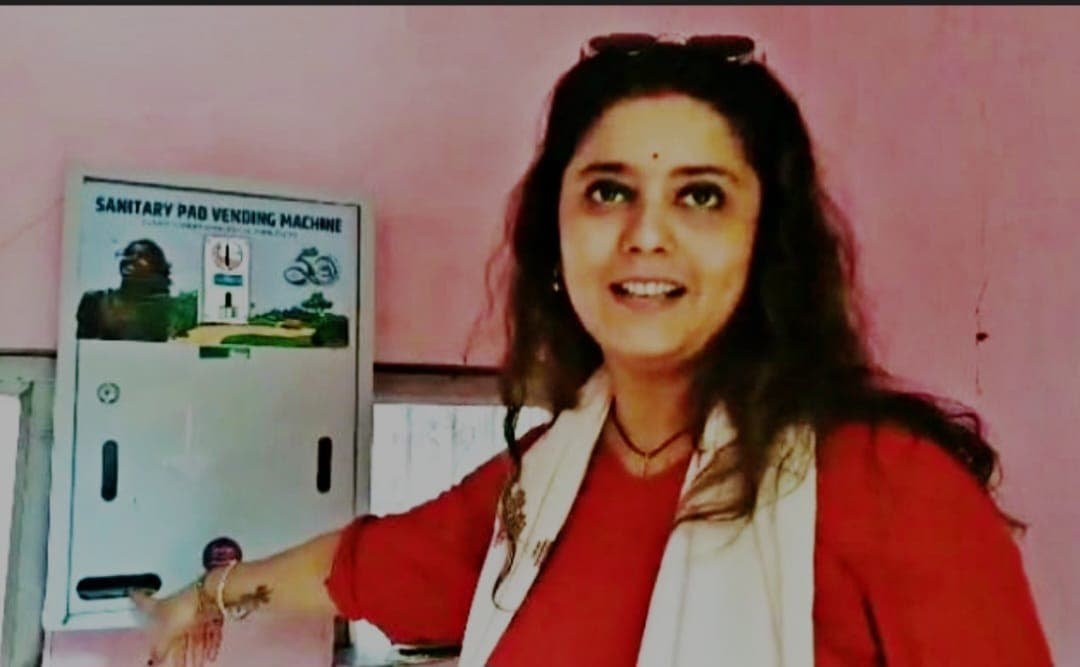
Richa Singh Rajput with her vending machine
By Neeraj Kumar
Patna: Richa Singh Rajput from the capital city of Patna is playing a pivotal role in spreading awareness about menstrual hygiene. She has launched a campaign to install sanitary pad vending machines in slum areas and colleges, allowing economically disadvantaged women to access sanitary pads for just Rs 2. The primary goal of this initiative is to help women maintain proper hygiene during menstruation, especially those living in slum areas who lack necessary resources.
Initially, Richa distributed sanitary pads for free, but she observed that they were not being utilized properly by the women. For a time, she provided sanitary pads at a very low cost, but now she has shifted to installing vending machines in various parts of Patna. These machines, each filled with 50 sanitary pads, dispense a pad when a 2-rupee coin is inserted, functioning similarly to an ATM.
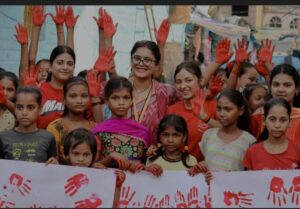
Richa shared that during her visits to slum settlements, she realized that free distribution of sanitary napkins by some NGOs was not effective, as the products were not being used properly. She believes that giving them away for free is not a sustainable solution, as it can foster dependency. This realization led her to focus on awareness, teaching women the importance of hygiene and encouraging them to purchase pads for a minimal cost. Now, even girls from slums use the vending machines to obtain sanitary pads by inserting a 2-rupee coin. To date, these machines have been installed in five slum settlements in Patna.
These vending machines are now operational in several slum areas and parks across Patna, including Sanjay Gandhi Biological Park 2, Eco Park 2, Naveen Singh Park in Rajbanshi Nagar, and near Congress Maidan in Kadamkuan. Any woman can obtain a sanitary pad from these machines by inserting a 2-rupee coin.
The installation of each vending machine costs between Rs 15,000 to Rs 20,000, not including the cost of sanitary pads. Maintenance expenses also arise if any issues occur with the machines. Richa explained that many people in Patna are involved in the production of sanitary pads. During her visits to slum areas, she found that the free pads distributed were often of poor quality. She now ensures that the pads are made according to the preferences and needs of the women using them.
Richa has been working on women’s health issues for the past five years. Whether at women’s colleges or in slum areas, she has been actively running awareness campaigns focused on the health of girls and women. What started as a solo effort has grown into a movement with many girls joining her cause. Eventually, Richa established the Pothi Patra Foundation, which now includes girls from various colleges who assist in her work.
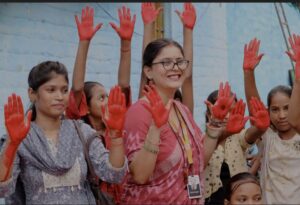
Richa began her awareness campaign at home, funding it out of her own pocket. As the initiative gained recognition, her friends and other supporters started contributing, providing sanitary pads and helping to install the vending machines.
Her target is to extend this initiative to 30 slum areas. She believes that slum communities require the most awareness about menstrual hygiene, a challenging task she is committed to undertaking. Richa is confident that her team will succeed in educating these women.
Bihar, according to health data, lags behind other states in terms of menstrual hygiene awareness. The NFHS-5 report highlights that only 60% of women in Bihar use sanitary pads, indicating a significant gap in awareness and access. Women in slum areas often lack the resources for proper hygiene, putting them at risk of serious infections. Richa Singh’s initiative is a crucial step toward providing these women with a safer, healthier menstruation experience, thereby improving their quality of life. Her campaign not only focuses on women’s health but also fosters a new perspective on hygiene and awareness in society.
Menstruation presents both physical and mental challenges for women, with hygiene being a critical aspect. Lack of proper hygiene increases the risk of infection, and while sanitary pads offer protection, they are often too expensive for women in slum areas. Richa Singh’s initiative in Patna is making sanitary pads affordable and raising awareness about menstrual hygiene, paving the way for healthier futures for countless women.

